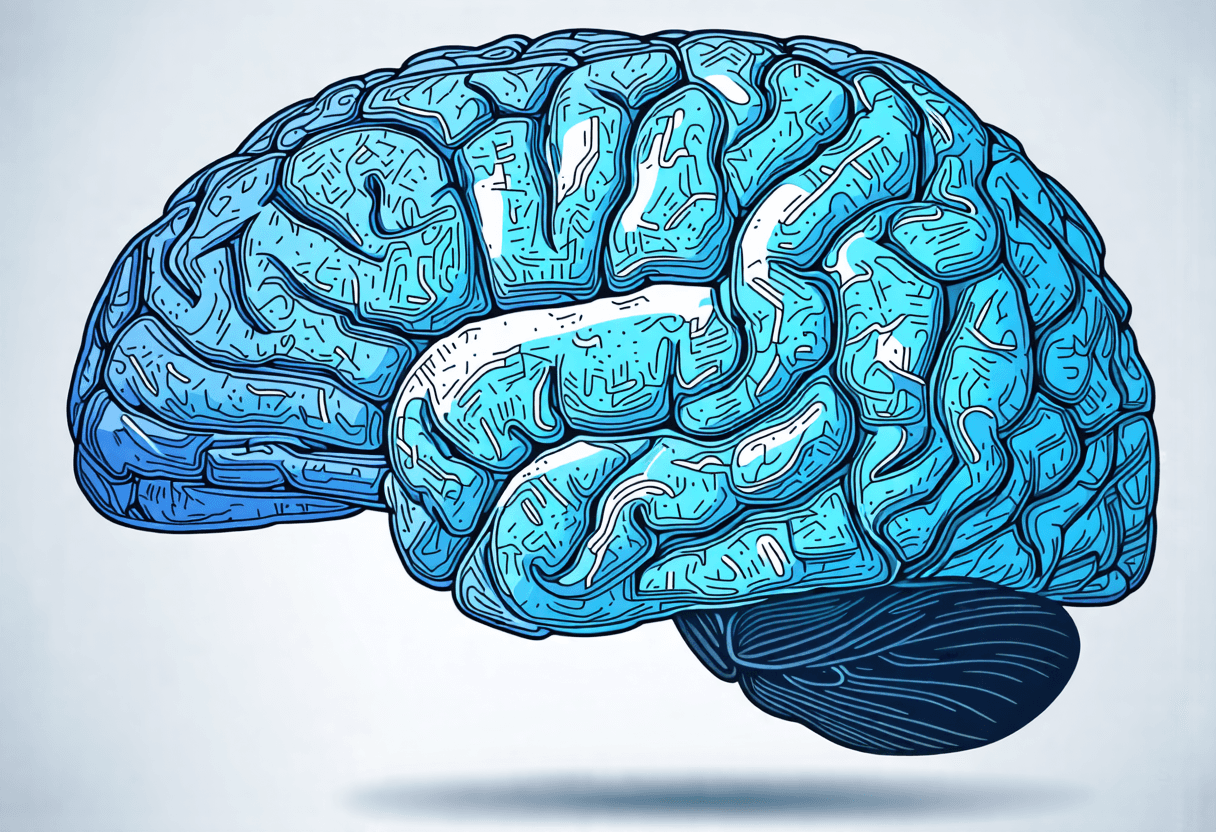
فهم سرطان الدماغ
09 Oct, 2024
 هيلث تريب
هيلث تريبتخيل أن تكون في مكان حياتك ، مع عائلة محبة ، ومهنة مرضية ، ومستقبل مشرق في المستقبل. بعد ذلك ، من أي مكان ، أنت مصاب بتشخيص مدمر: سرطان الدماغ. ينقلب عالمك رأسًا على عقب، وفجأة، يتم اختبار كل ما كنت تعتقد أنك تعرفه عن الحياة. إن عدم اليقين، والخوف، والشعور الساحق بالضعف - إنه كابوس لا ينبغي لأحد أن يواجهه على الإطلاق. ومع ذلك ، كل عام ، يضطر الآلاف من الناس إلى مواجهة هذا الواقع بالذات.
ما هو سرطان الدماغ?
يحدث سرطان الدماغ، المعروف أيضًا باسم أورام الدماغ، عندما تتكاثر الخلايا غير الطبيعية في الدماغ وتنمو بشكل لا يمكن السيطرة عليه، وتشكل كتلة أو ورمًا. يمكن أن تكون هذه الأورام إما حميدة (غير سرطانية) أو خبيثة (سرطانية). تميل الأورام الحميدة إلى أن تكون بطيئة النمو ولا تنتشر عادة إلى أجزاء أخرى من الجسم. الأورام الخبيثة ، من ناحية أخرى ، عدوانية وسريعة النمو ، ويمكن أن تغزو وتدمير أنسجة الدماغ المحيطة ، وكذلك الانتشار إلى أجزاء أخرى من الجسم.
الإجراءات الأكثر شعبية في الهند
أنواع سرطان الدماغ
هناك أكثر من 120 نوعًا مختلفًا من أورام المخ، ولكل منها خصائصه الفريدة وتشخيصه. بعض الأنواع الأكثر شيوعًا من سرطان الدماغ تشمل الورم الأرومي الدبقي، والورم الأرومي النخاعي، والورم السحائي، والورم النجمي. الورم الأرومي الدبقي ، على سبيل المثال ، هو النوع الأكثر عدوانية وخبيثة من سرطان الدماغ ، مع معدل البقاء على قيد الحياة لمدة خمس سنوات فقط حوله 5%. ومن ناحية أخرى، فإن الورم الأرومي النخاعي هو نوع من سرطان الدماغ الذي يصيب الأطفال عادةً وله معدل بقاء مرتفع نسبيًا.
العلاجات الصحية
امنح نفسك الوقت للاسترخاء
أقل الأسعار مضمونة!

أقل الأسعار مضمونة!
أعراض سرطان الدماغ
يمكن أن تكون أعراض سرطان الدماغ خفية ومتنوعة، مما يجعل من الصعب تشخيصها. تشمل بعض الأعراض الشائعة الصداع والنوبات وفقدان الذاكرة والارتباك وصعوبة الكلام أو اللغة ومشاكل الرؤية والضعف أو التنميل في الذراعين أو الساقين. يمكن أن تكون هذه الأعراض ناتجة عن الورم نفسه أو بسبب الضغط الذي يضعه على أنسجة المخ المحيطة. في بعض الحالات، قد لا يسبب سرطان الدماغ أي أعراض ملحوظة حتى يصل إلى مرحلة متقدمة.
تشخيص سرطان الدماغ
يتضمن تشخيص سرطان الدماغ عادةً مجموعة من اختبارات التصوير، مثل التصوير المقطعي أو التصوير بالرنين المغناطيسي، والخزعة. يمكن أن تساعد اختبارات التصوير في تحديد موقع الورم وحجمه، بينما تتضمن الخزعة إزالة عينة من الأنسجة من الورم لفحصها بحثًا عن خلايا سرطانية. في بعض الحالات ، يمكن أيضًا إجراء ثقب قطني (TAP الشوكي) لجمع السائل النخاعي للفحص.
خيارات العلاج لسرطان الدماغ
عادةً ما يتضمن علاج سرطان الدماغ مزيجًا من الجراحة والعلاج الإشعاعي والعلاج الكيميائي. غالبًا ما تكون الجراحة هي الخطوة الأولى، بهدف إزالة أكبر قدر ممكن من الورم. يستخدم العلاج الإشعاعي إشعاعًا عالي الطاقة لقتل الخلايا السرطانية ، بينما يستخدم العلاج الكيميائي الأدوية لتدمير الخلايا السرطانية. في بعض الحالات ، يمكن أيضًا استخدام العلاج المستهدف لاستهداف جزيئات محددة متورطة في نمو الخلايا السرطانية وانتشارها.
أمل جديد لمرضى سرطان الدماغ
في السنوات الأخيرة ، كان هناك تقدم كبير في علاج سرطان الدماغ. على سبيل المثال ، أظهر العلاج المناعي نتائج واعدة في التجارب السريرية. هذا النهج المبتكر يسخر قوة الجهاز المناعي لمحاربة السرطان ، مما يوفر أملًا جديدًا للمرضى الذين يعانون من سرطان الدماغ. بالإضافة إلى ذلك، يستكشف الباحثون إمكانات العلاج الجيني، والذي يتضمن استخدام الجينات للوقاية من السرطان أو علاجه.
التعامل مع سرطان الدماغ
يمكن أن يكون الحصول على تشخيص سرطان الدماغ تجربة تغير الحياة، ولا تؤثر على المريض فحسب، بل على أحبائه أيضًا. يتطلب التعامل مع التحديات العاطفية والجسدية والمالية لسرطان الدماغ نظام دعم قوي، بما في ذلك العائلة والأصدقاء ومتخصصي الرعاية الصحية. من الضروري البقاء على اطلاع وطرح الأسئلة والبحث عن الموارد ومجموعات الدعم للمساعدة في اجتياز هذه الرحلة الصعبة.
الاستنتاج (إزالة)
المدونات ذات الصلة

How Healthtrip Ensures Quality & Safety in Cancer Treatment Procedures
Detailed guide on cancer treatment, featuring doctors, hospitals, risks, recovery,
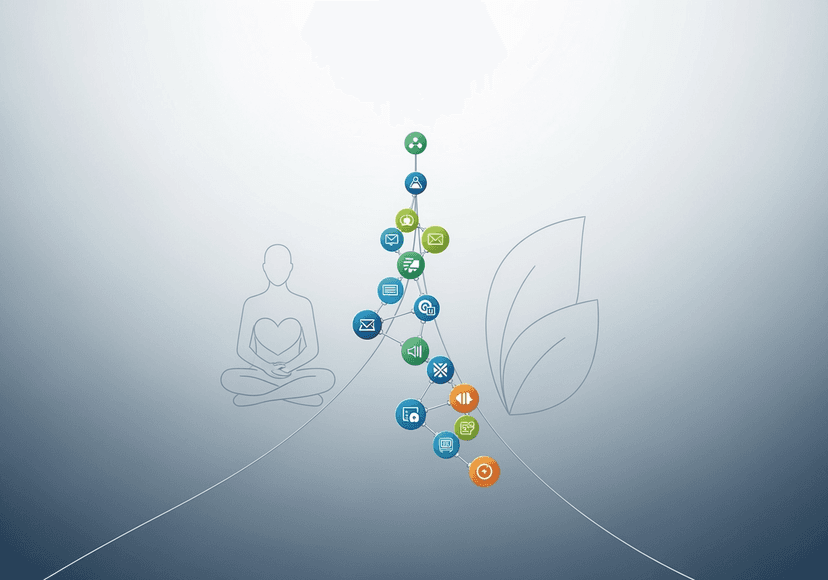
End-to-End Logistics for Cancer Treatment with Healthtrip's Support
Detailed guide on cancer treatment, featuring doctors, hospitals, risks, recovery,
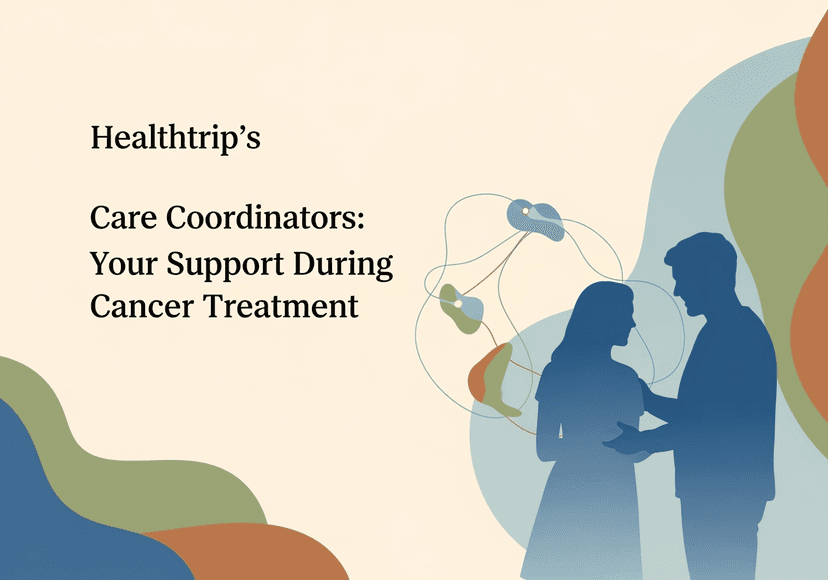
Healthtrip's Care Coordinators: Your Support During Cancer Treatment
Detailed guide on cancer treatment, featuring doctors, hospitals, risks, recovery,
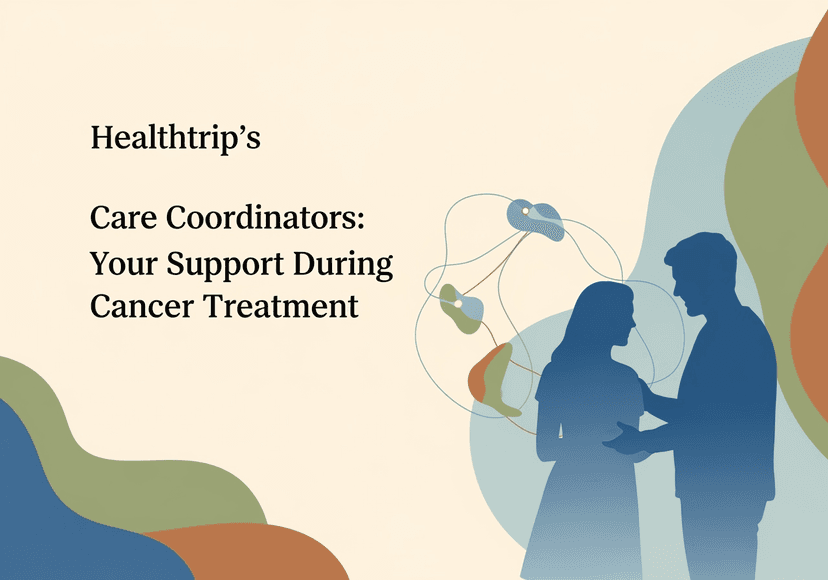
Healthtrip's Care Coordinators: Your Support During Cancer Treatment
Detailed guide on cancer treatment, featuring doctors, hospitals, risks, recovery,
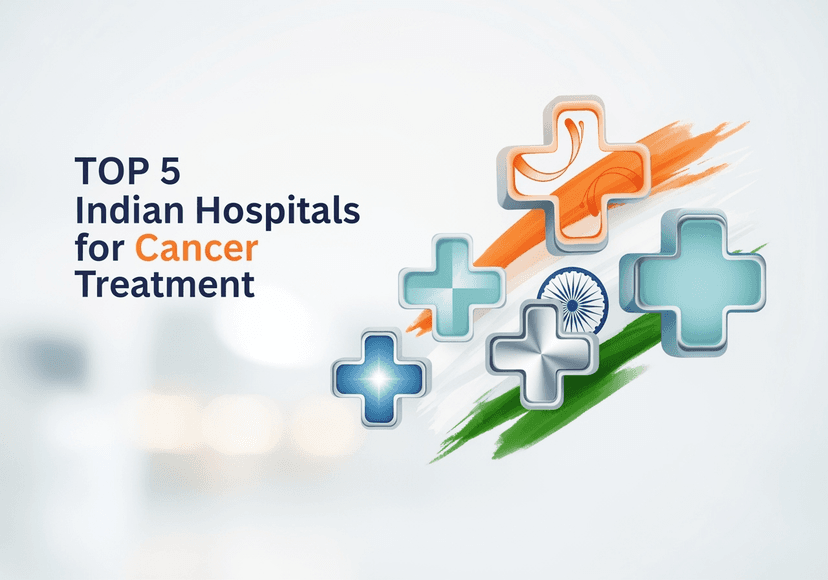
Top 5 Indian Hospitals for Cancer Treatment
Detailed guide on cancer treatment, featuring doctors, hospitals, risks, recovery,

Post-Cancer Treatment Diet and Lifestyle Tips
Detailed guide on cancer treatment, featuring doctors, hospitals, risks, recovery,










